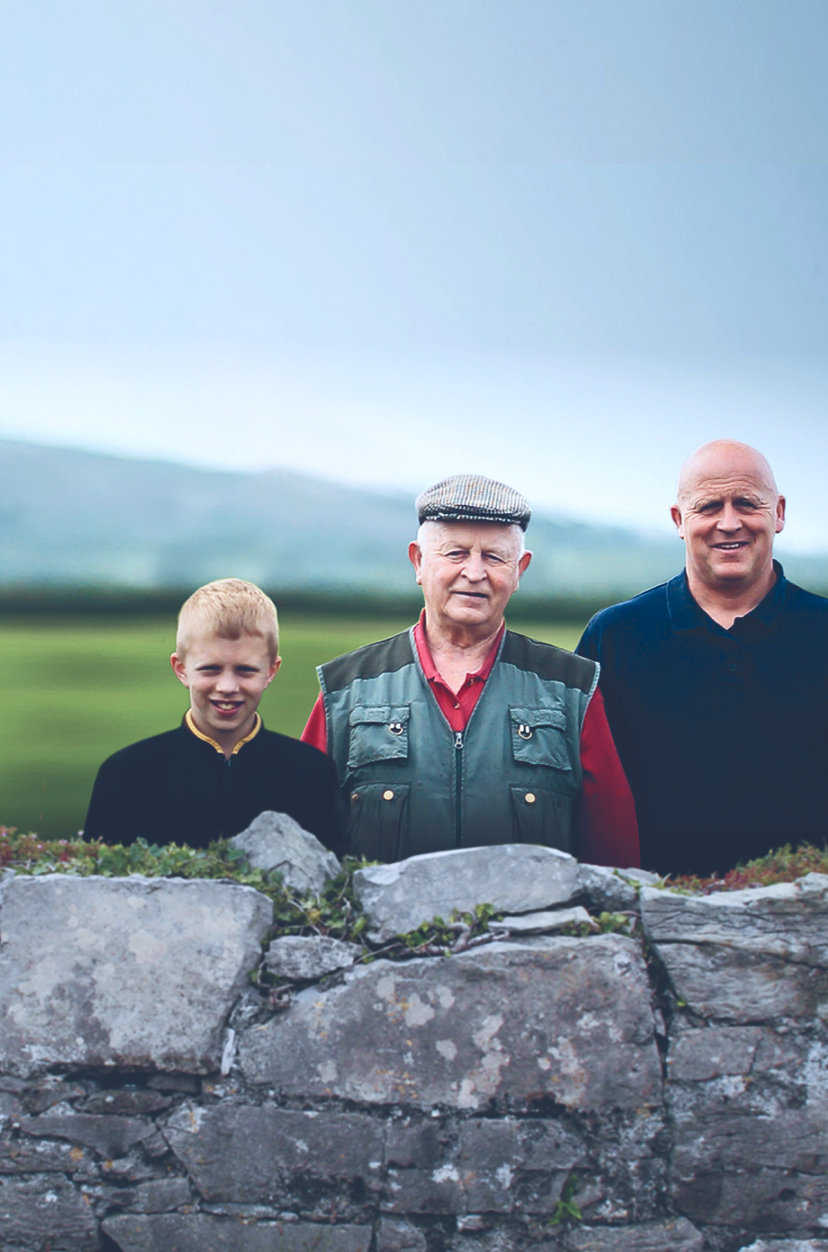We take responsibility for the impact our business has on the environment, our sites, and in our communities.
Our Environment Ambition outlines our plans to reduce operational emissions, improve water efficiency and quality, optimise energy use and increase recycling. Our packaging plan focuses on increasing recycled content and recyclability, while reducing waste volumes. To support biodiversity we have installed beehives, planted trees and permitted areas to go wild.
We will protect and restore nature and biodiversity and work towards the development of a circular economy, powered by renewable energy.

We will be guided by data and science when setting targets, developing plans and making decisions

We will collaborate to scale up the right solutions and innovations for a more sustainable food system

We will focus on areas of greatest impact, taking a balanced approach to bring our communities with us along the way

Our Approach
Since Dawn Meats was founded in 1980, we have continuously improved the efficient use of resources which are managed across our processing sites in Ireland and the UK. Our approach is to measure consumption, identify opportunities for optimisation, set targets and closely monitor progress. All production sites are ISO14001 and ISO50001 certified for environmental and energy management and real-time performance is observed through our Energy Management System, with metering systems in place on the main users of water, electricity and fuel.
Through Plan Four Zero we are accelerating actions to protect nature and restore biodiversity for future generations, by sourcing sustainably produced materials, producing food in optimum conditions, actively managing resources including water and energy, supporting a circular economy for packaging and working to eliminate waste. We support biodiversity at our sites, in our communities and supply chains. Across our operations we are working at speed to reduce emissions, by procuring renewable energy and upgrading our facilities and equipment.
Our Commitments and Actions

These are emissions from our production sites and electricity consumption. Our target is to reduce Scope 1 and 2 absolute emissions by 59% by 2030 and to Net Zero by 2040.

Packaging is essential for safely storing and transporting food. We are working to achieve the REPAK and UK Plastics Pact Targets by 2025 and 2030, removing unnecessary plastic, increasing recyclability and recycled content.

Given the nature of our business, we are intrinsically linked to the environment and the eco-systems in which we operate. We are working to protect and restore nature and biodiversity on our sites and in our communities.

All production sites will be evaluated against a variety of initiatives such as rainwater harvesting and greywater reuse, with suitable projects rolled out by 2030, and we will reduce water usage intensity year on year.

Since 2020 we have sourced 100% renewable electricity to power our sites and as we further electrify thermal energy generation into the future, we will continue to procure or generate from renewable sources.

By adopting a LEAN approach, we have been a zero waste to landfill business since 2016. We are working hard to increase the volume of waste recycled, reused and recovered (excluding refuse derived fuel) to 60% by 2030.
Our Assurance And Collaboration.
We invite external third-party oversight and verification of business policy, practice and performance, to provide confidence to our stakeholders.
Our Ambitions

Farming
We will inspire sustainable farming to foster better animal health and welfare, enhance meat quality and restore biodiversity, soil health and water quality.

Food
We will continue to provide high quality, natural, delicious food, rich in protein, essential vitamins and minerals, to support human health and wellbeing.

Society
We will nurture inclusive relationships with our people and communities, help them to live more sustainably, and support the just transition to a net zero future.
Our News
We aim to take big steps and accelerate action to ensure our footprints are smaller as we transition to a net zero future.








